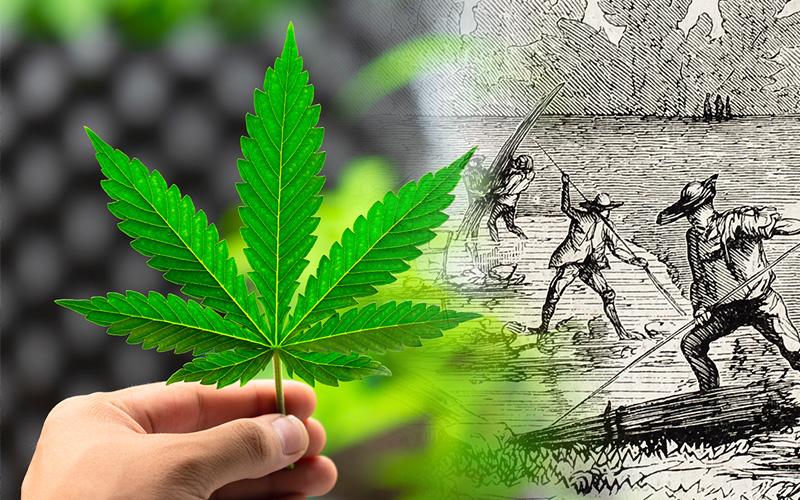Discovery of CBD
CBD was first discovered and isolated from full-spectrum cannabis oil by Roger Adams, Madison Hunt and J. H. Clark. They worked in collaboration with the federal government and Cornell University. The researchers used methanol to extract the oil from the hashish of wild cannabis indica plants found growing in Minnesota. Mixing the oil with ammonia yielded a pure white powder that the researchers named cannabidiol. The researchers quickly noticed that the CBD powder didn’t affect the body in the same way that full-spectrum cannabis oil would. They published their findings in 1940. CBD was the first cannabinoid successfully isolated from cannabis.
Dr. Raphael Mechoulam
Due to legal restrictions on the growth, distribution and possession of cannabis, research into its properties was slow for many years. Many doctors simply didn’t want to deal with the stigma of working with “illegal drugs.” Some doctors, however, persevered. Most notably, Israeli-born Dr. Raphael Mechoulam spearheaded the research that led to a deeper understanding of the differences between THC and CBD in the 1960s.
In 1978, Dr. Mechoulam published the results of an experiment generally regarded as the first major discovery in the field of CBD-based medicine. Dr. Mechoulam sought to evaluate the potential of CBD as a treatment for epilepsy. He administered CBD to eight epileptic patients for a period of four weeks. All patients reported fewer seizures. Half of the patients stopped having seizures entirely.
Although his discoveries didn’t receive the publicity they deserved at the time, Dr. Mechoulam lived long enough to enjoy the breakthroughs to which his research ultimately led. He is 88 at the time of writing.
Popularization and Continued Research
Research into the benefits of cannabis continued throughout the 1980s and 1990s. It wasn’t until 1996, though, that researchers were really able to kick their efforts into high gear. In that year, California became the first state to legalize medical marijuana. Researchers initially focused on the potential benefits of THC. However, stories such as those of Rick Simpson and Charlotte Figi – a girl whose severe seizure disorder was helped by CBD – brought CBD oil to the forefront of people’s minds.
Today, there is an extensive body of clinical evidence proving that CBD is an effective medication for certain types of seizure disorders. In addition, researchers have found that CBD may hold promise as a treatment for a variety of other conditions ranging from anxiety to inflammation. We’ll discuss that research next.


